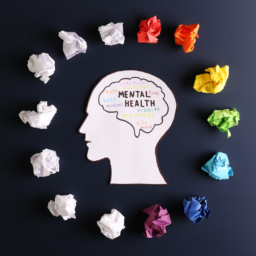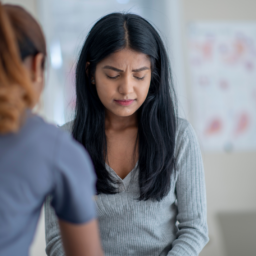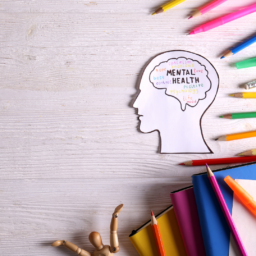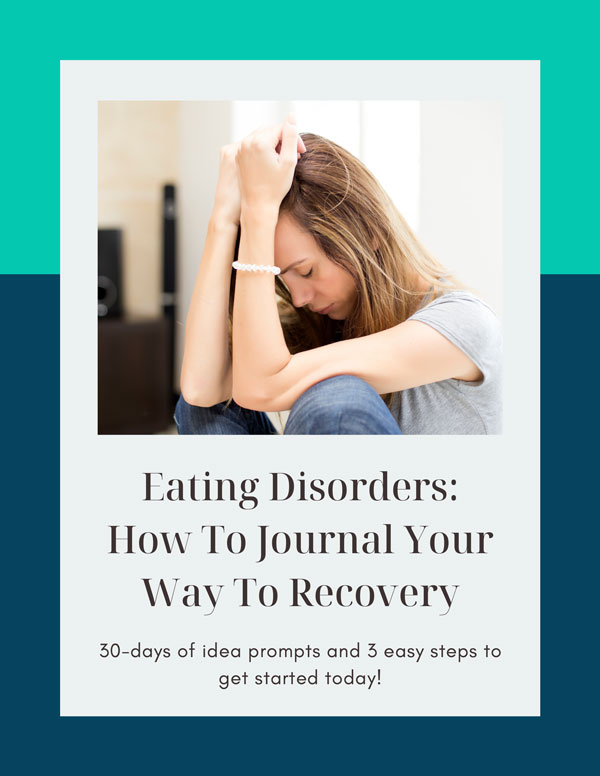As promised here are ten more tips to use in your eating disorders recovery:
- Find someone who you can be honest with and your share your truth; your story. Someone you can talk to about your thoughts, feelings and behaviors in detail, even if you feel embarrassed or ashamed. Sharing decreases shame.
- Find someone who you can share your triumphs with! Whether it is your therapist, sibling or best friend, search for a cheerleader who will stick it out with you and cheer you along the way.
- Have a “go-to” phrase or saying to push and replace negative, self-defeating thoughts from mind. My phrase is SHH- standing for “You are Strong, Healthy and Hot.” I made it up one day and the acronym (a shout out to DBT!) stuck. And when I say “Hot” I mean that I’m sizzling with faith and focus.
- Humor helps. Surround yourself with people who make you laugh, like really laugh. Luckily my two brothers Sean and Brendan fit the bill on this won. My father is a close second. And when it doubt a NETFLIX comedy special works.
- Practice some form of “slowing down” – mindfulness, mediation, yoga, breathing or praying – to reconnect you with the present moment.
- Create a list of healthy coping skills to use in times of distress. I recommend DBT distress tolerance skills. Two of my favorites are coloring and looking at pictures of my beautiful nephews.
- Keep a snack handy. Life is crazy and from time to time who will find yourself with no food to eat after a workout or hours before dinner. I keep snacks in my purse, car, work bag, spinning bag, beach bag and workout bag.
- Exposure therapy! Face your fears a little at a time. Whether it is anxiety about a food group, the clothes you are wearing or a particular situation expose yourself by taking baby steps.
- Act Opposite. A DBT emotion regulation skill helps you to act opposite to your emotion-driven urge if you feel like it will not be effective or does not fit the facts. For me, eating when I did not want to, was the most important exposure
- Meal support. Attend a program with meal support groups or reach out to family and friends or your therapist (I know some offer this service). Meal support was a godsend to my recovery.








